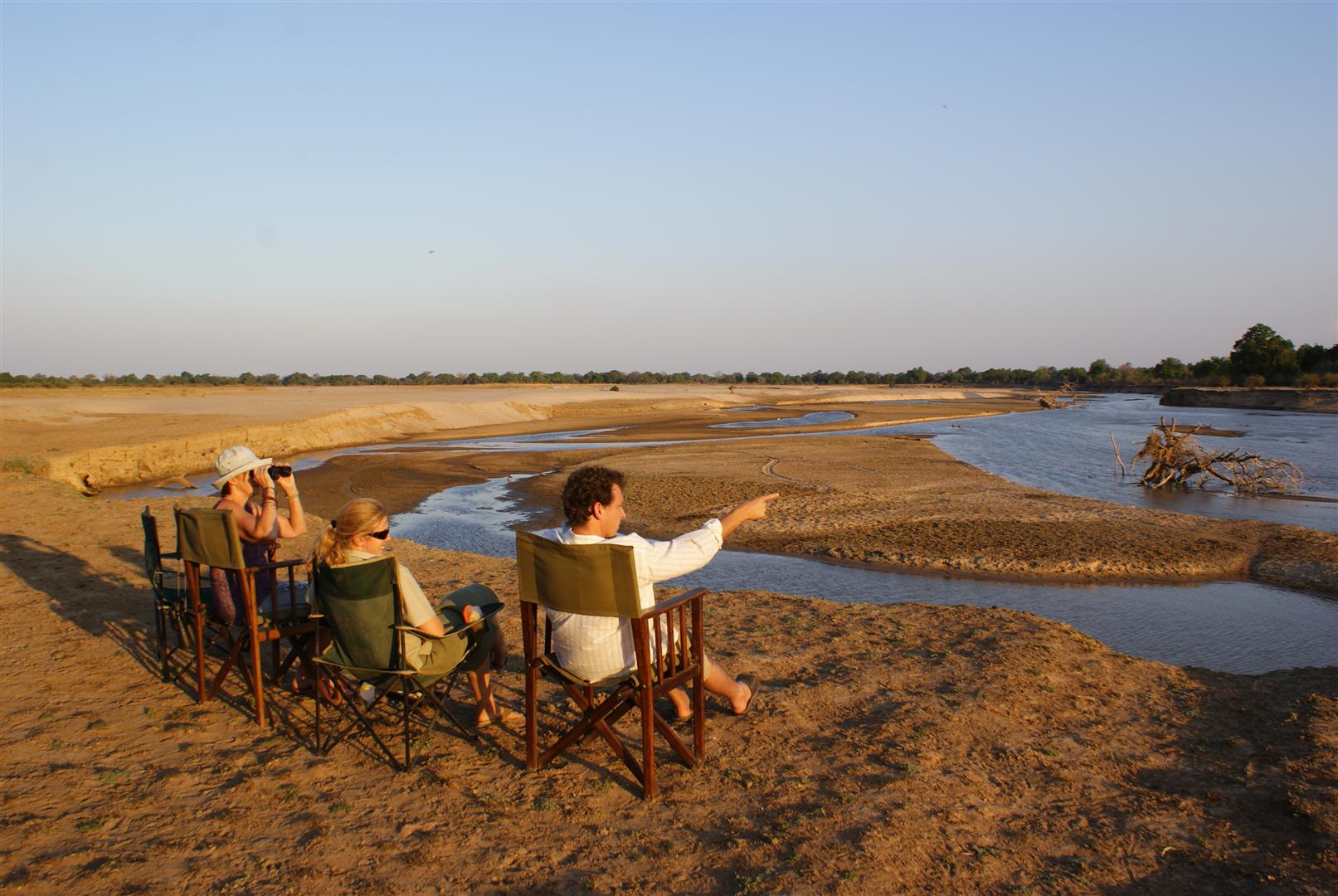Medical Needs and Exotic Locations
Misconceptions have led to the widely held belief that trips to Africa take travellers into the deepest, darkest pockets of the world. First world holidaymakers often expect that the forests and plains they will visit will be accompanied by polluted water, exotic diseases and substandard health care. Whilst there are certainly regions of the continent that fit comfortably beneath the phrase ‘third world’, the majority of Africa’s CBDs have an infrastructure that supersedes some of the world’s best healthcare systems. In fact, doctors who have trained at some of Africa’s larger hospitals are in high demand in UK and US healthcare centres due the lofty standard of training they receive. Falling ill in an African country needn’t be a catastrophe. Programs such as IHI-South Africa and Nigeria’s Deux Projects International have helped raise healthcare standards across the continent exponentially.

Preparation
Medical practitioners are used to preparing business travellers for trips to exotic destinations. Preventative and prophylactic care is determined according to destination. Malaria prophylaxis is necessary when visiting some tropical areas, whilst vaccinations against polio and typhoid are essential for those visiting areas in which these diseases are endemic.
Patients suffering from chronic illness require more targeted preparation which compensates for weaknesses unique to their conditions. Diabetes sufferers, for example, are more prone to heat stroke and parasitic disease. Insulin regimes and diets need to be tightly controlled during African travel, and all chronic medication should be purchased prior to departure. Doctors should also offer a detailed letter describing the traveller’s illness and treatment recommendations, as well as a prescription. Time zone changes will alter the way chronic patients adjust to their new daily medication regimen, and should be discussed with a doctor before travelling.
Insurance
Whilst most private hospitals in Africa are of an excellent standard, public healthcare in most regions is less than ideal. Health insurance can mean the difference between premium medical care and hours spent in queues awaiting a single overwhelmed doctor in a crowded public facility. Some health insurers provide coverage for travelling to a defined set of destinations. Alternatively, supplementary travel insurance should cover hospitalisation, emergency transit and general healthcare. Hospital plans are rendered moot if they are not accompanied by a medical insurance card, which should be kept on hand at all times.
Quality Care
African physicians often qualify through local bodies such as the South African College of Surgeons, which offers world-class education which is completed through a comprehensive internship program. Shortage of medical healthcare professionals has become the greatest challenge faced by Africa’s rural areas. Ondo, Nasarawa and Adamawa are three Nigerian states that have begun confronting the problem head on through results-based financing. Kayode Olatunji Olowolafe has spearheaded the equally innovative Deux Projects International as its CEO, which is focussed on improving healthcare on a number of levels.
Dr. Olowolafe has reformed the Lagos State healthcare system which, in turn, now acts as a model for healthcare delivery in Nigeria’s outlying hospitals. The revolutionary program has fed funds into providing high-tech equipment focussed on a multi-tiered approach to medical care through dental, emergency, psychiatric and general medical needs. Internships at teaching hospitals have allowed medical personnel to evolve dramatically.
The African Heath crisis does not extend to every compartment of the continent. With healthcare initiatives such as Deux Projects bringing drastic reform, which extends to even the most rural confines of the African bush, exotic travel is now accompanied by state of the art healthcare.
Written by: Joseph’s interest in healthcare and infrastructure development began in college and developed through a period of volunteering in both Africa and South America. Now a professional writer, Joseph closely follows the work of Kayode Olatunji Olowolafe CEO of Deux Projects focusing on the long term gains in economic development that comes with improved healthcare standards and the infrastructure developments needed.

